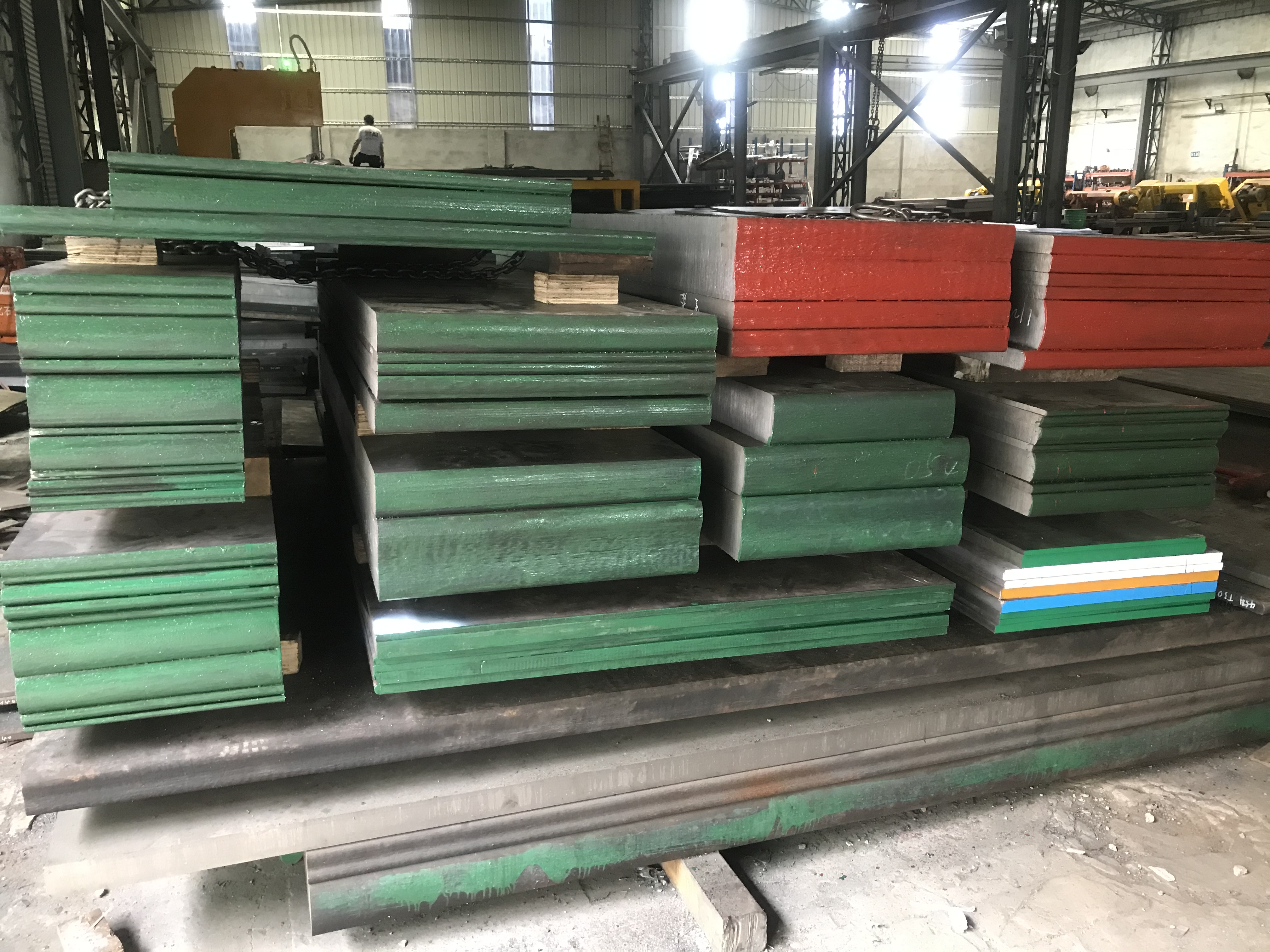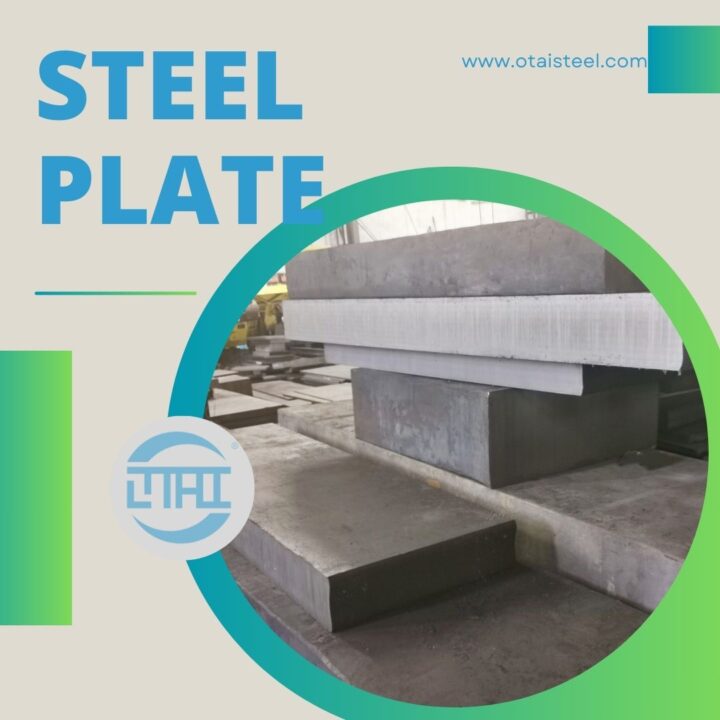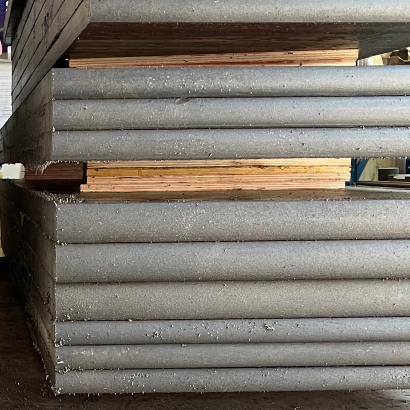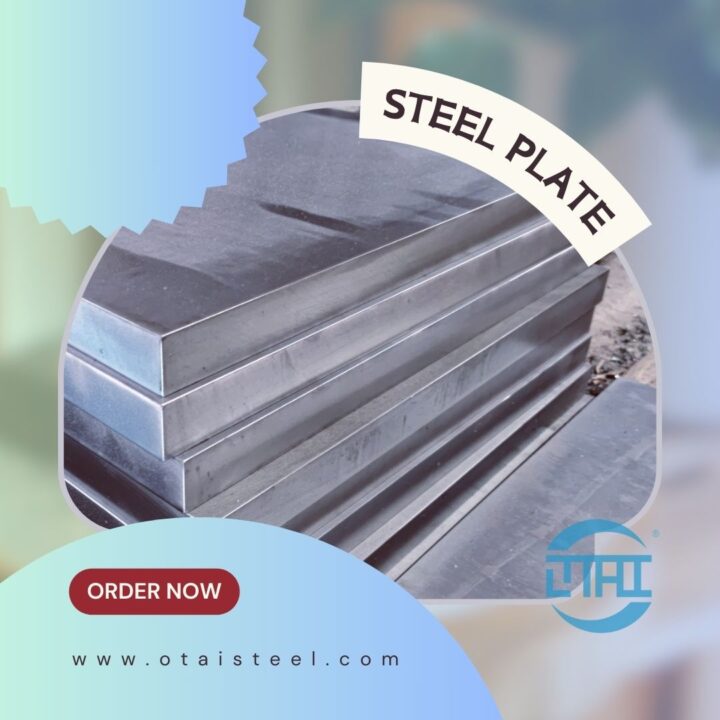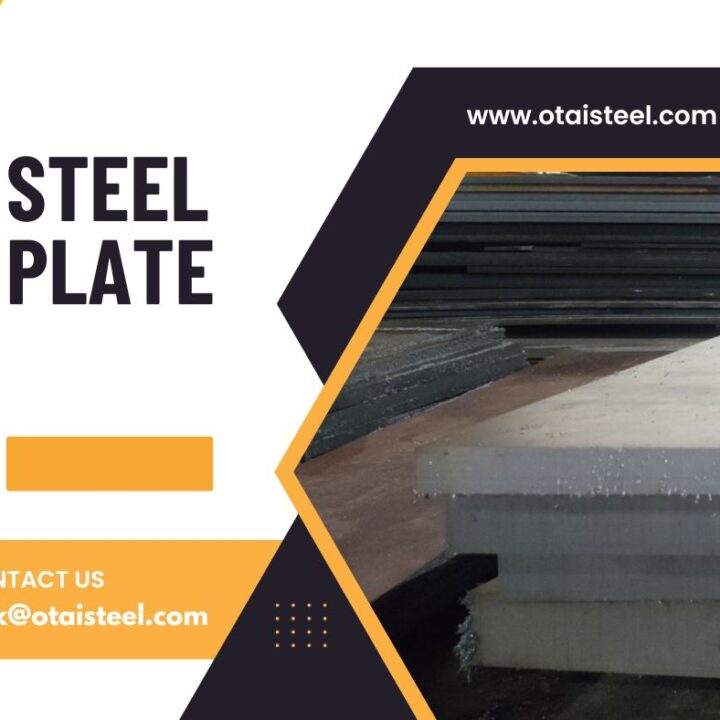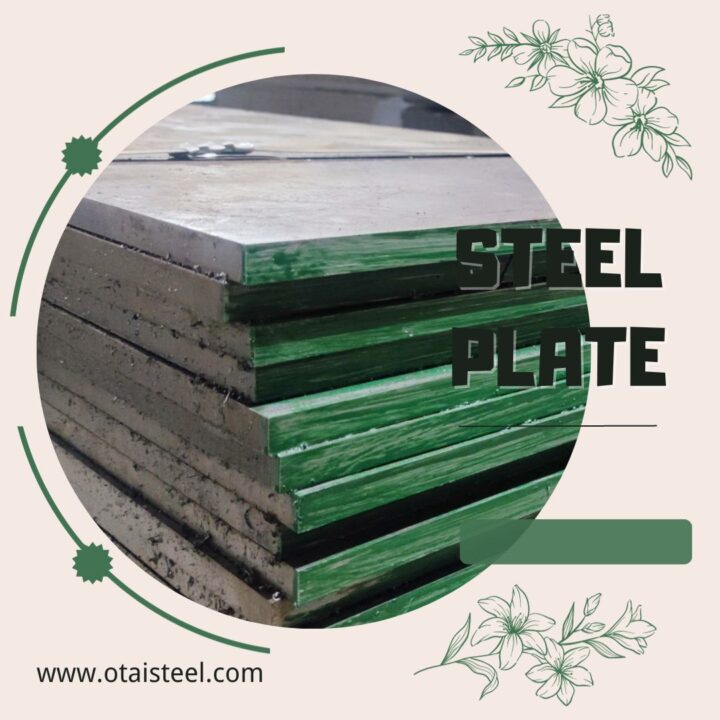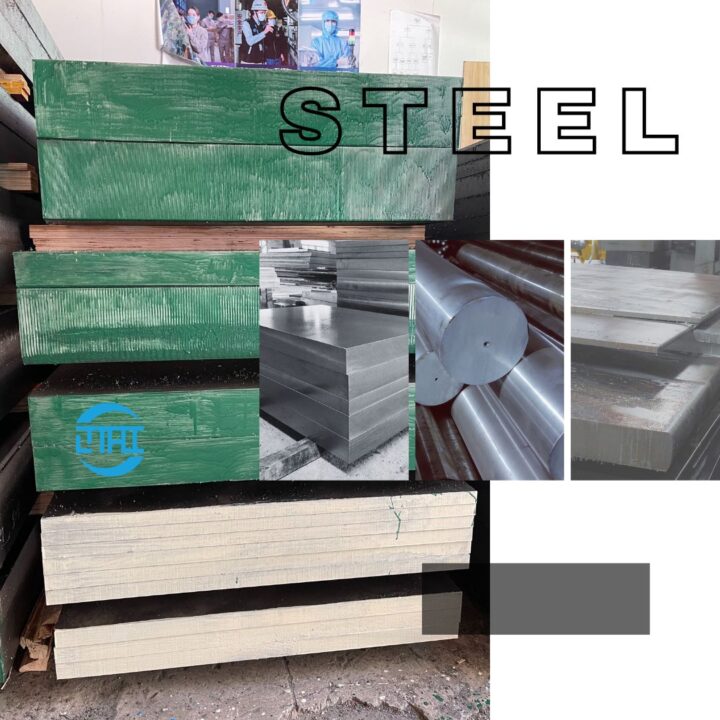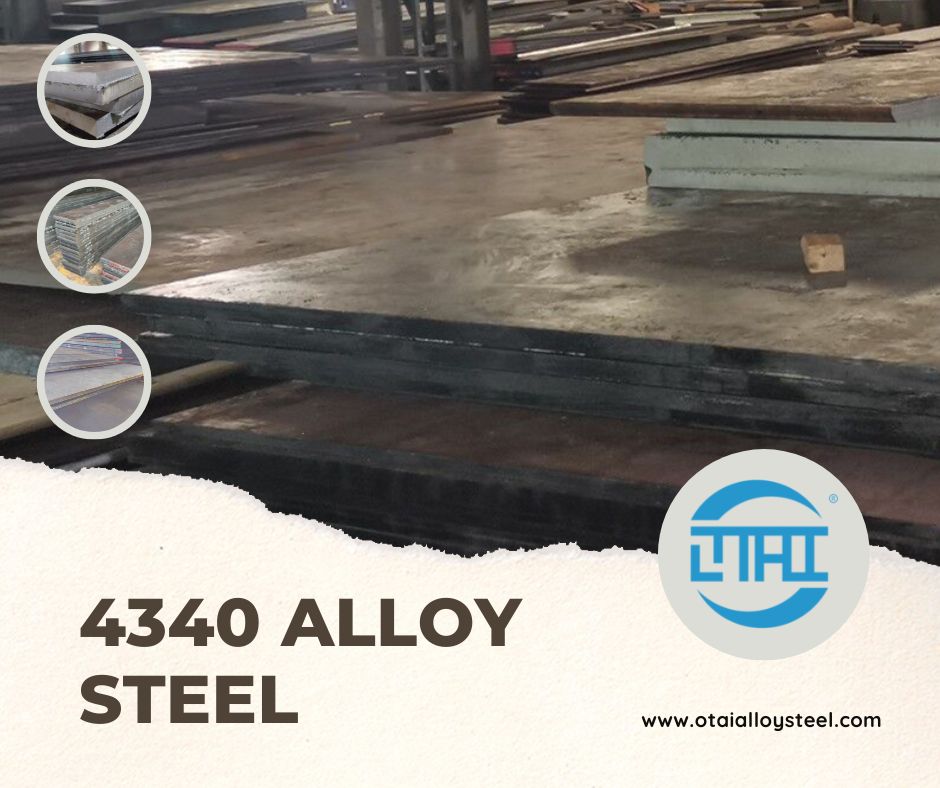Corrosion is a natural process that occurs when metals react with their surroundings, leading to the degradation of the metal’s surface. For 8620 steel, corrosion can result in reduced strength, structural integrity, and aesthetics, making it crucial to address this issue to ensure its optimal performance.
Importance of Corrosion Protection
Corrosion protection is vital for 8620 steel, especially in applications where it is exposed to harsh environmental conditions or corrosive substances. Surface coatings act as a protective barrier, shielding the steel from corrosive agents and preventing direct contact between the metal and the corrosive medium.
Common Surface Coatings for 8620 Steel
There are several types of surface coatings available for corrosion protection of 8620 steel. Each type offers unique advantages and is suitable for specific applications. Let’s explore some common surface coatings:
1. Zinc Coatings:
- Zinc coatings, such as zinc plating or galvanization, are widely used for corrosion protection. These coatings provide sacrificial protection, where the zinc layer corrodes in preference to the underlying 8620 steel, safeguarding the metal from oxidation.
2. Phosphate Coatings:
- Phosphate coatings create a thin, adherent layer of metal phosphate on the steel surface. They enhance corrosion resistance and serve as an excellent base for additional coatings or lubricants.
3. Chromate Conversion Coatings:
- Chromate conversion coatings form a thin film on the steel surface, providing corrosion resistance and improving paint adhesion. They are commonly used in aerospace and military applications.
4. Organic Coatings:
- Organic coatings, such as paints and polymer-based coatings, offer a protective barrier against environmental elements and corrosive substances. They come in various formulations, providing flexibility in selecting the most suitable coating for specific applications.
5. Ceramics and Cermets:
- Ceramics and cermets are applied as protective coatings for extreme environments. They offer high resistance to wear, temperature, and chemical attacks, making them suitable for specialized applications.
Choosing the Right Coating
Selecting the appropriate coating for 8620 steel depends on factors such as the operating environment, exposure to corrosive agents, temperature, and the desired level of protection. Consulting with corrosion experts and coating manufacturers is essential for making informed decisions.
Application Methods
Surface coatings can be applied using various methods, including electroplating, hot-dip galvanization, spray coating, and dip coating. The chosen application method affects the coating’s thickness, uniformity, and overall performance.
Challenges and Limitations
While surface coatings provide effective corrosion protection, they are not immune to wear and damage over time. In harsh environments, coatings may degrade, leading to reduced protection and potential corrosion of the underlying steel. Periodic inspections and maintenance are necessary to ensure continued protection.
Future Trends in Surface Coatings
Ongoing research and development in the field of corrosion protection aim to enhance the performance and environmental sustainability of surface coatings. Innovations in nanotechnology and eco-friendly coating formulations hold promising prospects for the future.
By understanding the various coating options and their applications, industries can make informed choices to ensure the long-lasting and reliable performance of 8620 steel components in diverse applications.
